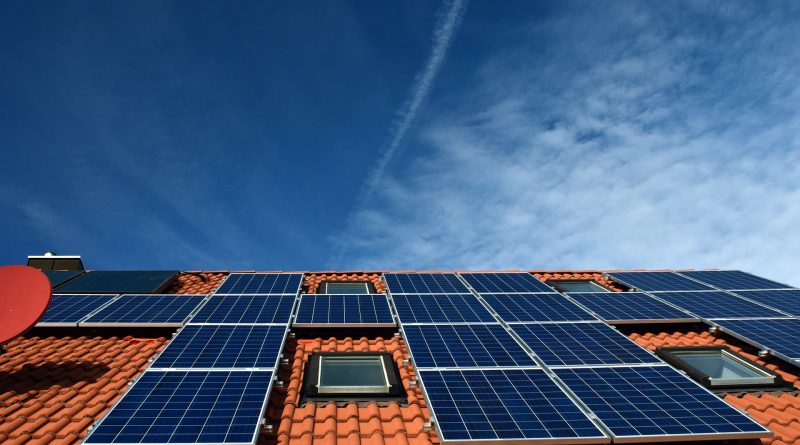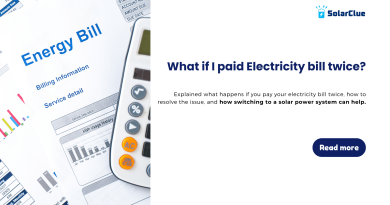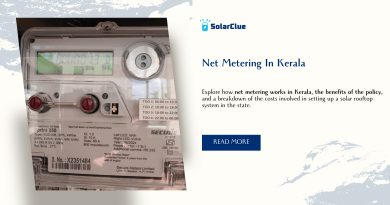Can off grid solar systems work 24 hours everyday?
Off-grid solar systems have revolutionized the way we generate electricity and become increasingly popular, especially in remote areas where access to the national power grid is limited or non-existent. These systems harness the abundant energy of the sun and store it for later use in batteries. However, a common question among potential users is whether off-grid solar systems can reliably operate 24 hours a day. In this blog, we will delve into the capabilities and limitations of off-grid solar systems to provide an informed answer to this question.
Table of Contents
The Basics of Off-Grid Solar Systems
To understand the functioning of off-grid solar systems, let’s start with the basics. Off-grid solar systems consist of solar panels, charge controllers, batteries, and inverters. Solar panels capture sunlight and convert it into direct current (DC) electricity, which flows into the charge controller. The charge controller regulates the amount of electricity sent to the batteries, preventing overcharging or damage. Batteries store the excess electricity produced during the day, while inverters convert the stored DC electricity into alternating current (AC) to power appliances.
Powering Your Home Around the Clock
Off-grid solar systems can indeed provide power throughout the day and night if designed and installed correctly. The key lies in sizing the system appropriately and using adequate battery storage. A well-designed off-grid solar system will ensure that enough solar panels are installed to yield sufficient electricity during the day to both power your home and charge the batteries. This surplus electricity can be stored in the batteries and utilized during the night when the solar panels are not generating electricity.
Factors Affecting 24-Hour Capability
However, several factors come into play when determining whether an off-grid solar system can function continuously 24 hours a day. Let’s explore these factors to better understand their impact on the system’s capability.
1. Energy Consumption: The amount of electricity your home consumes directly affects the size of your off-grid solar system. If your energy demands are high, you will need a larger system with more solar panels and batteries to meet them.
2. Panel Orientation and Tilt: The orientation and tilt of your solar panels impact their efficiency and energy production. Ideally, panels should face south in the Northern Hemisphere and north in the Southern Hemisphere to maximize sunlight exposure.
3. Weather Conditions: Cloudy days and overcast skies can significantly reduce the amount of sunlight reaching the solar panels. This decrease in solar energy input may affect the system’s ability to generate enough electricity to power your home continuously. Additionally, seasonal variation should be considered when designing the system, as sunlight hours change throughout the year.
4. Battery Capacity: The capacity and quality of the batteries used in off-grid solar systems are crucial for continuous operation. Ensuring you have sufficient battery capacity to store excess energy generated during the day and to support your nighttime energy needs is essential.
5. Energy Management: An efficient energy management system, including intelligent load shifting and energy conservation practices, can help optimize the utilization of electricity from the batteries. Proper management can extend the system’s ability to operate continuously.
Advancements in Technology
As with any technology, advancements in the field of off-grid solar systems continue to improve their reliability and performance. Innovations, such as high-efficiency solar panels and advanced battery technologies, contribute to increasing the feasibility of off-grid systems operating 24 hours a day.
Solar panel efficiencies have continually improved, making them more effective at converting sunlight into electricity. Higher efficiency means that fewer panels are needed to generate the same amount of electricity, which reduces the overall cost and space requirements of the system.
Battery technologies, like lithium-ion batteries, have evolved to offer better energy density, longer lifespan, and improved charging and discharging capabilities. These advancements enable off-grid solar systems to store more energy and deliver it more effectively, increasing the ability to power homes continuously.
The Importance of Energy Efficiency
While off-grid solar systems have the potential to operate 24 hours a day, it is essential to prioritize energy efficiency to achieve this goal. Implementing energy-efficient practices, such as using energy-saving appliances, adopting LED lighting, and insulation, can significantly reduce energy consumption in your home. By minimizing energy demands, you can ensure your off-grid solar system has ample capacity to sustain continuous operation.
Conclusion
In conclusion, off-grid solar systems can work 24 hours a day if properly designed, considering various factors such as energy consumption, panel orientation, weather conditions, battery capacity, and efficient energy management. With advancements in technology and the emphasis on energy efficiency, off-grid solar systems have become a reliable and sustainable solution for powering homes even in remote areas. By harnessing the sun’s energy, these systems enable a green and independent lifestyle with round-the-clock electricity.
Ready for non-stop solar power? Explore 24/7 reliability with SolarClue®. Embrace energy independence and power your life sustainably.
Frequently Asked Questions
While they don’t generate power in the dark, battery storage allows off-grid systems to supply electricity during nighttime.
Off-grid systems store excess daytime energy in batteries, releasing it during periods without sunlight.
Weather conditions, battery capacity, and system maintenance can impact the continuous operation of off-grid solar systems.
System capacity can be customized, but powering an entire household 24/7 may require careful consideration of energy needs.
Battery lifespan varies but is generally around 5 to 15 years, depending on usage and maintenance.
While energy production may decrease, battery storage enables off-grid systems to provide power during extended cloudy periods.
Backup generators or alternative power sources can be integrated for prolonged periods of low solar generation.
Regular maintenance, including battery checks and system inspections, is crucial to ensure continuous and reliable operation.
Yes, with proper design and capacity planning, off-grid systems can support critical applications that require constant power.
In some regions, incentives and rebates may be available to encourage the adoption of off-grid solar systems with continuous operation capability, promoting sustainable energy solutions.




